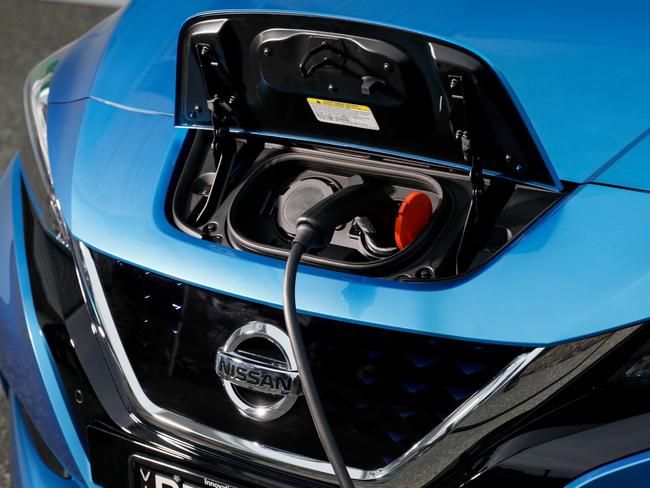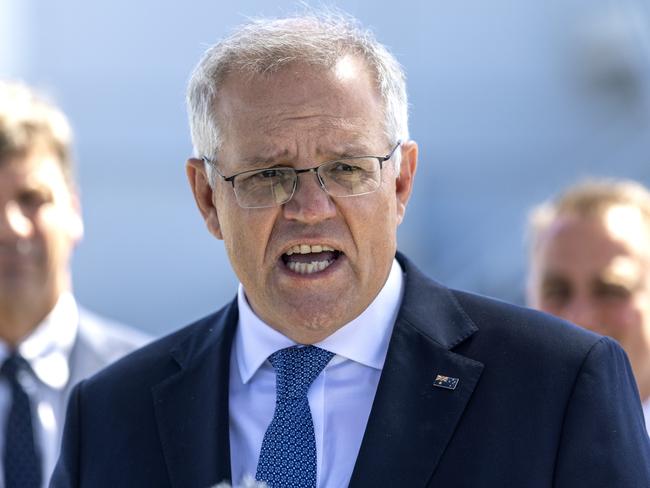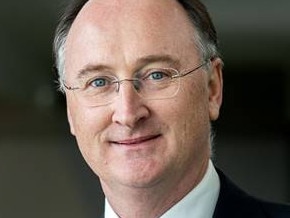Comment: Scott Morrison’s electric car policy puts the cart before the horse
The federal government has ensured that you’ll be able to recharge an EV but you still won’t be able to afford one. Seems a little pointless, says Richard Blackburn.
Motoring
Don't miss out on the headlines from Motoring. Followed categories will be added to My News.
The Federal Government’s new EV policy puts the cart before the horse.
By investing $250 million in battery charging and hydrogen refuelling stations, the Government has ensured that you’ll be able to recharge an EV but you still won’t be able to afford one. Seems a little pointless.
Range anxiety has always been a barrier to EV uptake, particularly in rural areas. It makes sense to tackle that problem.
But by far the biggest stumbling block to EV acceptance is price. The cheapest petrol powered car on the market is about $15,000. The cheapest EV is $45,000. A top-of-the-range petrol Hyundai Kona costs $38,000. The electric version costs $58,000.
No amount of recharging stations is going to address that problem.

Overseas experience has shown that the “carrot and stick” approach is the most effective in driving EV uptake: dangle a carrot in front of the consumer with incentives and tax breaks and wave a stick at the car makers with mandated CO2 targets.
Australia is one of the only countries in the developed world not to have a CO2 target for vehicles.
The end result for the Australian consumer is that buyers in countries with strict EV targets get the most efficient cars.
Scott Morrison says the Government “will not be forcing Australians out of the car they want to drive or penalising those who can least afford it through bans or taxes.”
That may be the case but the flip side is that Government policy is effectively denying us the cars we want.
In Europe, they have a choice of 130 EV models. Here, we have 30 and many are six-figure luxury cars.

Mr Morrison has also demonstrated a fundamental lack of understanding of Australian car buying trends.
He says “Aussies love their sedans”. The reality is sedans are about as popular as Nokia phones these days. Anyone remember the Commodore and Falcon? The Toyota HiLux and Ford Ranger utes are the two most popular vehicles in the country by a country mile – and they’re also two of the dirtiest vehicles on the road.
If the Prime Minister is serious about reducing vehicle emissions, he needs to address this elephant in the room.
He talks about tradies and farmers needing their utes, but a growing number of ute drivers wouldn’t know a spanner or a sheep if they fell over one.
Utes have become recreational vehicles for cashed up hedonists looking to tow a boat or jetski.

An emissions target will force makers such as Toyota and Ford to lift their game and offer cleaner alternatives to the HiLux and Ranger.
Toyota has hybrid versions of the tiny Yaris and Corolla hatchbacks, but no hybrid HiLux. Why? Because they don’t have to.
Ford has an electric version of the F150 truck in the works, but the chances of it coming here are slim because Ford will focus on the markets where it needs to meet strict emissions targets.
Even the local car industry is calling for a CO2 target.
The chief executive of the Federal Chamber of Automotive Industries, Tony Weber, labelled the government’s EV sales targets as “extremely optimistic” without a CO2 target.
“Around the world, emissions targets are a clear sign of a government’s intent to reduce emissions and sends a positive signal to automotive manufacturers to provide more electric-powered vehicles to those markets. This is exactly what is needed in Australia.” Mr Weber said.
Read related topics:Scott Morrison




